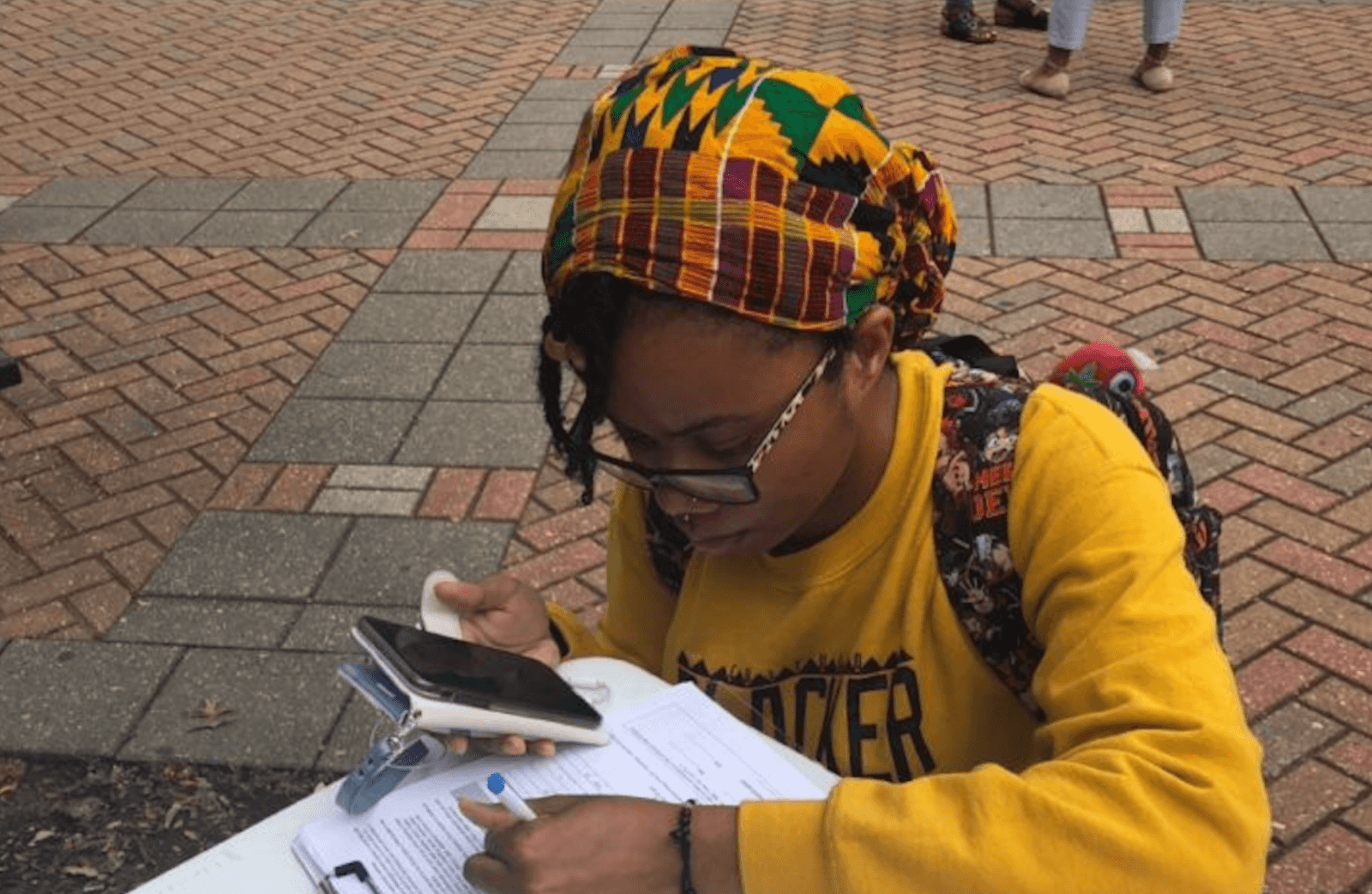
Here’s How Young Black Voters Are Fighting Back Against Voter Suppression in Mississippi
Arekia BennettThe Root — September 24, 2019
While folks around the country are galvanizing today, National Voter Registration Day, to make sure people are eligible to vote come Election Day, here in Mississippi, young black voters are fighting for much more than making sure our names are on the voter rolls.
For four straight years, Mississippi will have had back-to-back, high-stakes elections. In 2018 we had the midterms; in 2019 we’ll have the gubernatorial elections; in 2020, we’ll have the presidential elections’ and in 2021, municipal elections. For that reason, Mississippi now has a once-in-a-generation chance to shape how the next decade of power will work—either for or against the people who call her home. This is what’s at stake.
Beginning with the 2018 election season, many felt energized to vote in Mississippi. For the first time in my lifetime, the electorate was prodigiously engaged in a midterm election. Why? Because 2018 set the stage for what is possible. In modern Mississippi electoral history, no party had ever had a candidate who energized their respective bases, and no money had ever been poured into any races that would have resulted in direct investment into voting communities like ours; there certainly were not any Senate races determined by only approximately 3,000 votes.
Mississippi politics has always been a game of racial tug-of-war. Yes, 37 percent of our state is made up of African Americans. Yes, Mississippi has the highest number of African Americans serving in public office across the country; and yes, on a county level, 30 percent of our elected officials are African American. And yes, African Americans in Mississippi vote reliably progressive in every election. Yet, there is only one real explanation for why Mississippi is still a red state. There are clear racial, systemic, and socioeconomic reasons for depressed voter turnout among black voters, which continue to be exploited through voter suppression tactics including voter ID laws, physical barriers to registering to vote (accessibility issues), and felony disenfranchisement.
Mississippi also has one of the strictest voter ID laws in the country. These laws disproportionately affect impoverished, rural, African-American communities. Mississippi Votes and One Voice conducted focus groups around the state earlier this year to find out the intricacies of the effects these laws have on our people. We found that many black people in Yazoo City experience extreme difficulty in obtaining a state-issued photo ID. They must travel to the state capital’s DMV to obtain one; about 49 miles. With no access to public transportation, many of Yazoo City’s residents disclosed that they don’t have their own transportation to get to and from anywhere. Our detailed report will be released in early December on our website.
The roadblocks to voter engagement in our state are so severe, political heavyweights nationwide have begun devoting resources to ensure every eligible voter in this state has their voice heard at the ballot box in 2020 and beyond. Former U.S. Attorney General Eric Holder is actively fighting Mississippi’s onerous process for electing a governor in our state; under the current racially discriminatory laws, a candidate must win the popular vote and 122 House districts. Stacey Abrams passed up a presidential bid to launch the Fair Fight voter protection organization, which is expressly focused on fighting suppressive voter ID laws and voter roll purging in 20 key states, including Mississippi.
Even still, Mississippians, particularly the millennial age voting bloc, recognize the power and opportunity that lies ahead. Last year, our organization, MS Votes, spent much of its time at the feet of veterans of the Mississippi Civil Rights Movement, veterans of Freedom Summer of 1964, and members of the Mississippi State Conference of the NAACP listening to their stories and learning what they see the promise of this moment to be. We took it upon ourselves to reconvene and develop a strategy to deeply engage the ignored 18-35 electorate and to energize the active bloc with traditional, yet innovative activation strategies for 2019 and beyond.
Statewide leadership has never spoken to young voters during election season, so we are doing it ourselves; we’re determined to make sure every young person in our state understands what’s at stake and to clearly articulate that this moment is #Up2Us and that we get to decide the shape of our democracy.
This work requires doing everything from digital to traditional get-out-the-vote work. For instance, our website is full of voter service tools that enable voters to make a plan to vote—from finding their local circuit clerk’s office, polling locations, and Vote.org’s handy voter registration tool; we make sure these tools are used by young folks with our targeted ads that lead them to the website. Last year, we had 500,000 impressions with our geo-targeted campaign, which subsequently not only turned into a more informed electorate but a more active electorate.
“The work that MS Votes is doing—led by young people—is nothing short of incredible,” said Kamari Guthrie, Director of Communications for Vote.org (a partner organization to MS Votes). “With them, we are going where others aren’t to ensure every voter is aware of the upcoming elections, as we recognize how important it is to give voters who otherwise won’t hear from partisan campaigns the information they need to participate. We’re proud of the impact our digital and on-the-ground efforts have made—including the billboard we’ve erected across the state.”
While many of us will race to register young POC voters today—and we should be doing all we can to do that—we also need to remember to keep the fight alive beyond 2020 if we want our country to finally reflect its voting population. Layering efforts across key states like ours—where the black vote is strong but has been continuously suppressed—will be a gamechanger. It’s something that I am unwaveringly committed to doing here, in the great state of Mississippi.
